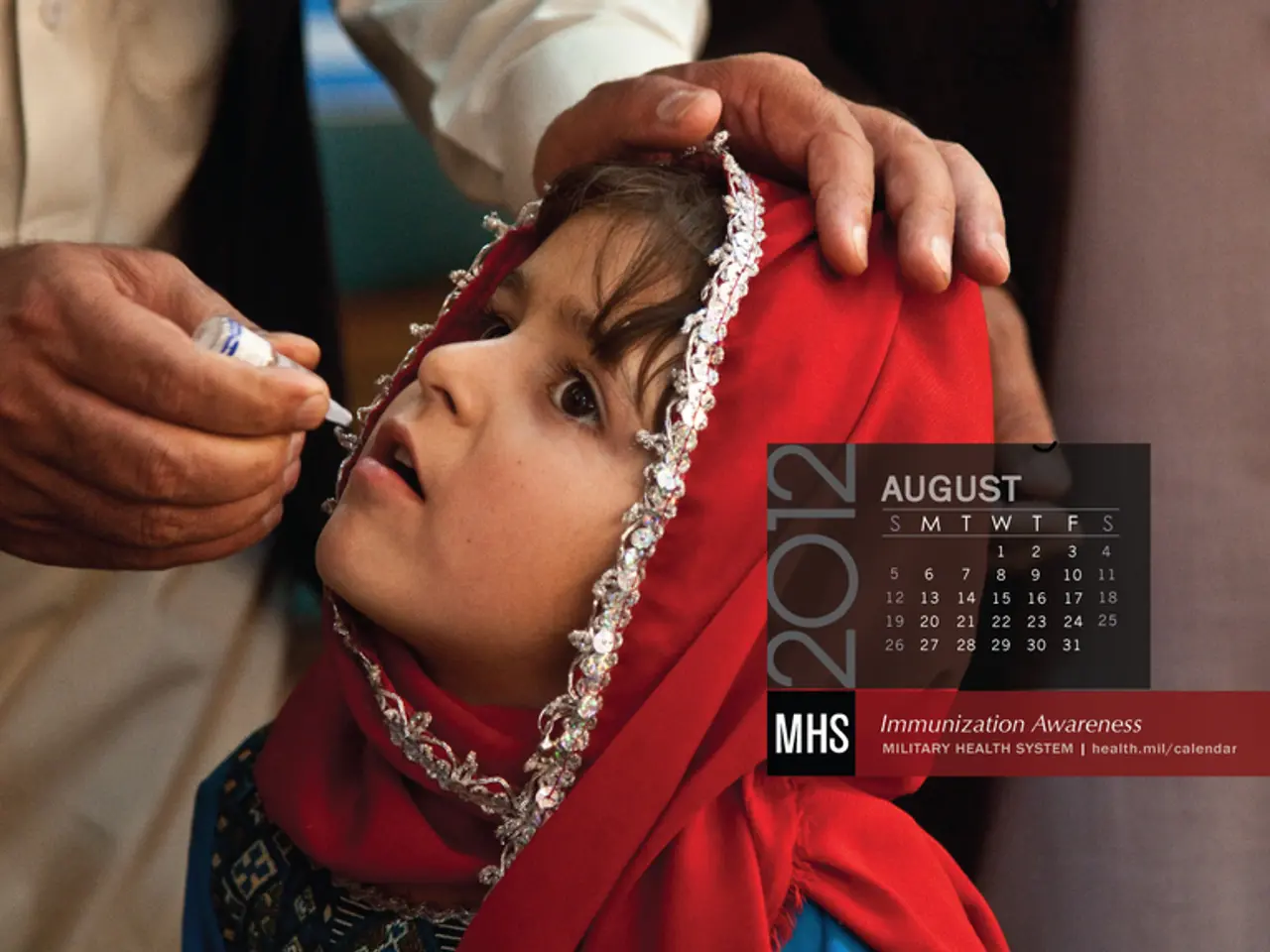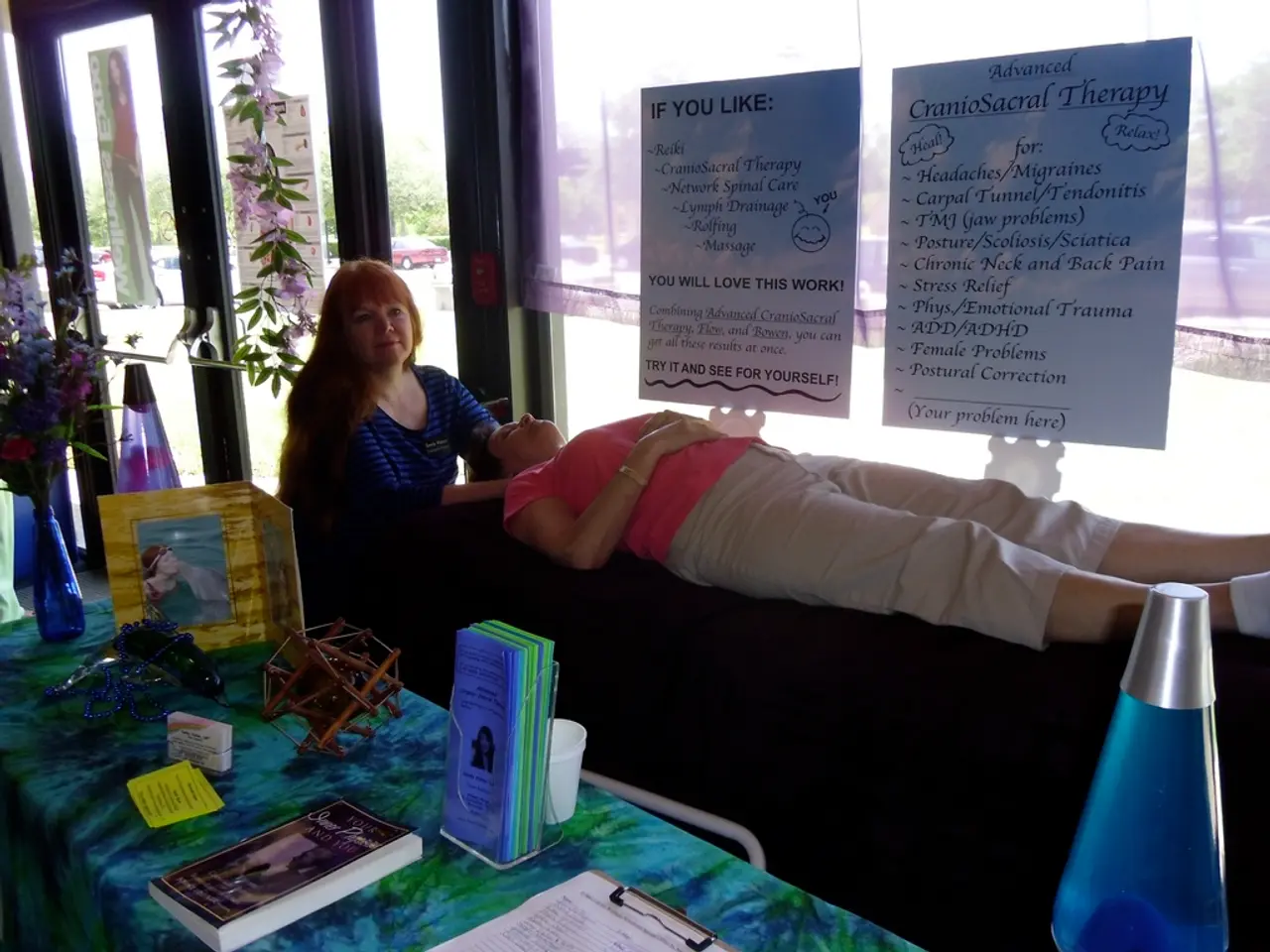Dubai Holds the 13th Emirates Conference on Hematology: Propelling Progress in Blood Disorder Therapies and Investigations
13th Emirates Hematology Conference Showcases Advancements in Blood Disease Treatments
At the 13th Emirates Hematology Conference, which took place in Dubai and concluded today, the latest advancements in CAR-T cell immunotherapy for blood cancers, lymphomas, and benign blood diseases were presented. The event, attended by over 500 physicians and specialists from 10 countries, aimed to explore cutting-edge solutions aimed at improving patient outcomes.
The conference highlighted the need for enhanced public awareness to better address the complexities of blood diseases. Key discussions centered on expanding the use of CAR-T cell immunotherapy, a promising treatment approach that has shown significant progress in recent years.
The latest CAR-T cell immunotherapy advances showcased at the conference and numerous 2025 reports emphasize longer-lasting memory CAR-T cells, expanded indications including benign blood diseases and autoimmunity, novel gene-engineering technologies, and combination approaches to enhance treatment efficacy and accessibility in blood cancers and lymphomas.
One of the key advancements is the engineering of CAR-T cells to boost their activity and promote the development of memory cells. These memory cells provide prolonged protection and better tumor clearance, potentially leading to cures in previously incurable blood cancers like multiple myeloma. CAR-T cells are also being engineered for autoimmune diseases affecting blood and immune cells, such as lupus and potentially Type 1 diabetes.
Advances in CAR-T engineering and manufacturing were also highlighted at the conference. Non-viral gene delivery methods, CRISPR-based genome editing, and site-specific gene insertion techniques were discussed as improvements that may reduce toxicity and increase treatment access.
Combination strategies, such as pairing CAR-T cells with immune checkpoint inhibitors or tumor-penetrating agents, are showing promise to overcome challenges like antigen escape and immunosuppressive tumor microenvironments in cancers and to create favorable conditions for immune reset in autoimmunity.
In relapsed/refractory large B-cell lymphoma (LBCL), CAR-T therapies outperform traditional transplantation but face real-world implementation barriers (eligibility, referral timing, healthcare access). Multidisciplinary approaches are increasingly emphasized to ensure timely CAR-T treatment delivery for optimal outcomes.
The conference also emphasized the importance of continuous medical education and international collaboration. Asma Sultan Al Olama, President of the Emirates Society of Haematology and chairwoman of the conference, emphasized its importance. The event provided a platform for hematologists, oncologists, and healthcare professionals to collaborate, fostering the global exchange of knowledge and expertise in the fight against blood-related conditions.
The conference featured more than 60 scientific abstracts, providing valuable insights into emerging treatments for blood-related conditions. This year's conference marked a significant step forward in fostering the global exchange of knowledge and expertise in the fight against blood-related conditions.
- Enhancing public awareness about blood diseases is crucial to tackle their complexities, as highlighted during the 13th Emirates Hematology Conference.
- CAR-T cell immunotherapy, with its significant progress in recent years, was showcased at the conference for treating blood cancers, lymphomas, and benign blood diseases.
- The future of CAR-T cell immunotherapy includes longer-lasting memory cells, expanded indications, novel gene-engineering technologies, and combination approaches to improve treatment efficacy and accessibility.
- Advances in CAR-T engineering and manufacturing, such as non-viral gene delivery methods and CRISPR-based genome editing, may reduce toxicity and increase treatment access.
- Collaboration among hematologists, oncologists, and healthcare professionals from different countries played a vital role in fostering the global exchange of knowledge and expertise at the 13th Emirates Hematology Conference, particularly in the development of therapies and treatments for mental health conditions, health and wellness, and other medical-conditions like cancer.




